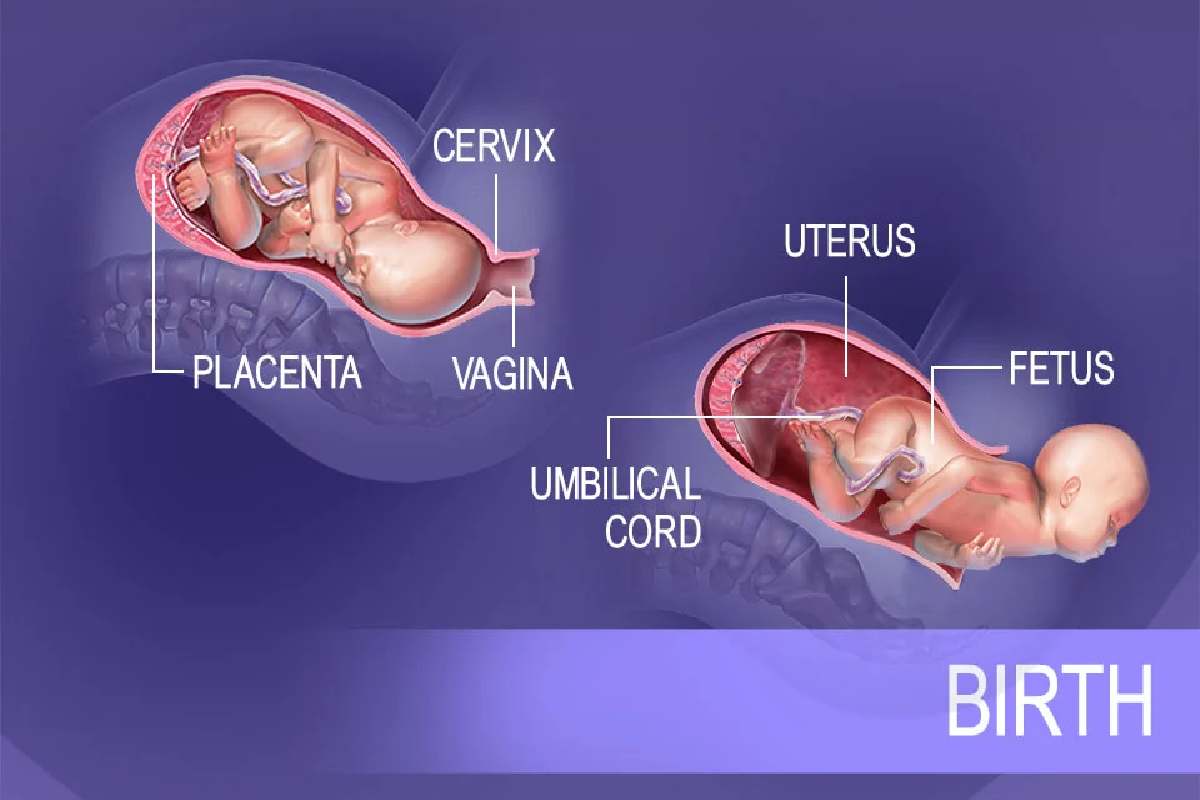Fertilization can happen if the egg meets a sperm in the fallopian tubes after ovulation. This is where your baby’s development begins.
When an egg meets a sperm, fertilization can occur.
Important information for this month
Before the actual fertilization occurs, the egg cell must be created. During ovulation, the egg cell bursts out of the follicle and travels down the fallopian tubes toward the uterus. It matured in your ovaries 14 days after your period.
Table of Contents
How Fertilization Occurs
A baby is formed when you have had intercourse within five days, and the egg meets sperm. When a sperm penetrates the cervical mucus and the uterus into the fallopian tubes, a fusion occurs. It burrows into the barrier of the uterus. The fertilized egg continues towards the uterus and reaches its destination on the 7th day.
This is How your Baby Develops.
However, The embryo will undergo incredible development over the next few weeks. You can learn more about his product in the first trimester in the following posts:
The first month of pregnancy
The second month of pregnancy
The third month of pregnancy
Important Information for this Month
Firstly, Have you just taken a pregnancy test, and are you happy about the positive result? Congratulations. You must have the pregnancy confirmed by your gynecologist and carry out the initial examination.
The following information may be of awareness to you:
Print the preventive care plan: With your project, you will not forget any appointments and be informed precisely what happens during the preventative care appointments.
Initial examination: In the initial investigation, the pregnancy will be confirmed, and you will receive your maternity card.
Maternity Pass: Understand the many signs and cryptic phrases in the maternity pass.
Development of your body: This is how your body changes in the first few weeks of pregnancy.
Nutrition guide: You should consider these points in your diet to optimally support the pregnancy.
Iodine and Folic Acid: Understand why your doctor now prescribes iodine and folic acid supplements.
What are the Side Effects of Vitro Fertilization?
Like all medicines and medical procedures, in vitro fertilization has risks and possible side effects. This includes the following:
Swelling
abdominal pain
breast tenderness
mood swings
Headache
bruising from injections
Allergic reaction to medications
bleeding
Infection
You can ask your doctor any questions or concerns about in vitro fertilization risks and side effects.
In vitro fertilization can also be emotionally challenging to cope with, both for the person receiving treatment and their spouse or family members. Many people who go done in vitro fertilization treatment struggle with depression and anxiety.
How does in vitro fertilization work?
However, In vitro fertilization works through a mixture of tablets and surgical procedures to make it cooler for the semen to fertilize the egg and help the fertilized egg implantation in the uterus. This technology is sometimes known by its acronym: “IVF.” It is one of the best-known types of assiste reproductive technology (ART).
First, you take medications that make multiple eggs mature and ready for fertilization. The doctor then removes the eggs from your body and mixes them with sperm in a research laboratory to help the sperm fertilize the eggs. Then, one or more fertilize eggs ( embryos ) are place directly into your uterus. Pregnancy occurs if either embryo implants in the lining of the uterus.
Conclusion
In vitro fertilization improves your probability of getting pregnant if you have fertility problems, but there is no guarantee; everyone’s body is different, and in vitro fertilization doesn’t work for everyone. In vitro fertilization has several steps that take some calendar months to complete. Occasionally, it is everything on the first try, but it takes extra than 1 IVF cycle to get pregnant in many cases.


